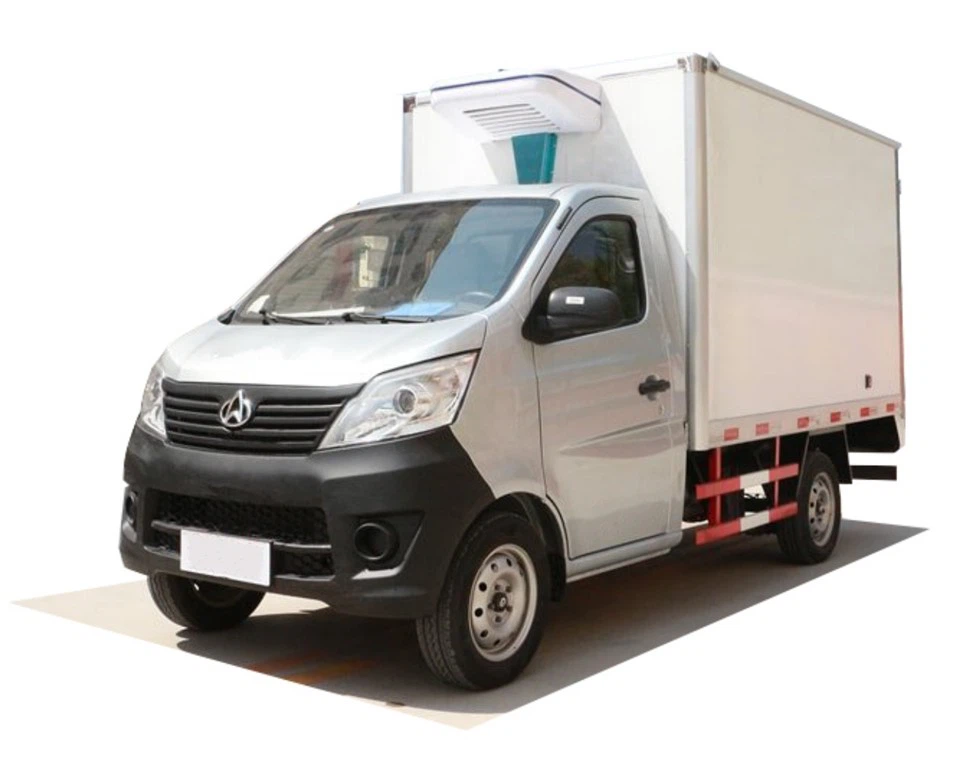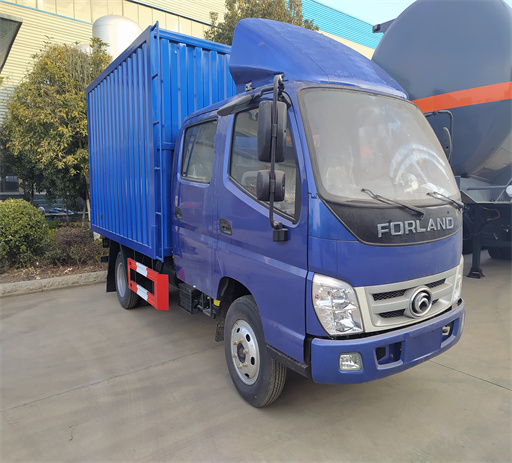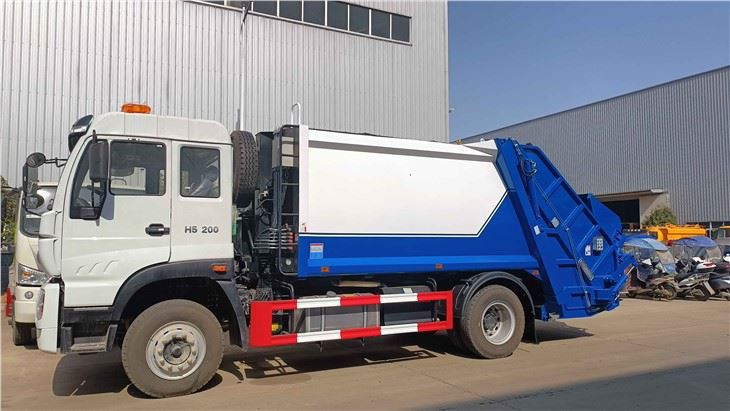Understanding Non CDL Garbage Trucks: The Ultimate Guide

Garbage trucks are essential for waste management, and among them, non-CDL garbage trucks play a significant role. This comprehensive guide will explore what a non-CDL garbage truck is, its advantages, considerations for purchase, operation tips, and more.
What is a Non CDL Garbage Truck?
A non-CDL garbage truck is a waste collection vehicle that does not require a Commercial Driver’s License (CDL) to operate. These trucks are generally lighter and easier to handle than full-sized commercial garbage trucks. They are particularly useful for small-scale waste management operations, municipalities, or businesses that require efficient waste disposal without the need for more extensive licensing.
Key Features of Non CDL Garbage Trucks
- Weight Limit: Non-CDL trucks typically have a gross vehicle weight rating (GVWR) of 26,000 pounds or less.
- Size: Smaller and more maneuverable than their CDL counterparts, making them suitable for urban environments.
- Cost-Effective: Generally less expensive to purchase and maintain.
- Accessibility: Operators can drive these vehicles without undergoing extensive training.
Advantages of Using Non CDL Garbage Trucks
1. Easier Licensing Requirements

Since these trucks do not require a CDL, acquiring the necessary driver qualifications is streamlined, which can make hiring drivers more accessible for organizations.
2. Cost Savings
Non-CDL trucks often feature lower purchase prices and reduced insurance costs, which can significantly impact the budget of waste management companies or municipalities.
3. Maneuverability
Thanks to their smaller size, non-CDL garbage trucks can navigate tight streets and congested urban areas better than larger trucks, reducing the risk of accidents and improving service efficiency.
4. Versatility
These trucks can be used in a variety of applications, including residential waste collection, landscaping debris removal, and small commercial operations.
5. Lower Maintenance Costs
Generally, non-CDL garbage trucks have fewer mechanical complexities compared to larger models, leading to reduced repair and service costs over time.
Types of Non CDL Garbage Trucks
Non-CDL garbage trucks come in various configurations to suit different waste management needs. Here are some common types:
1. Rear Loader Trucks
These trucks have a large hopper at the back where waste is collected. They are popular for residential waste collection due to their effective design.
2. Side Loader Trucks
Side loaders allow the operator to collect waste from the side of the truck, offering efficient collection in neighborhoods with narrow streets.
3. Front Loader Trucks
Designed for commercial waste collection, front loaders are equipped with arms that lift dumpsters from the front of the vehicle and empty them into the truck.
4. Drop Box Trucks
These trucks are used for transporting large containers filled with waste. They are commonly used in construction and remodeling projects.
Considerations When Buying a Non CDL Garbage Truck
1. Determine Your Needs
Assess the volume and type of waste you will be collecting. Understanding whether you need a rear loader, side loader, or front loader is vital for effective operations.

2. Budget Requirements
Set a realistic budget that takes into account the costs of the truck, maintenance, insurance, and potential financing options.
3. New vs. Used
Consider whether to buy a new or used truck. While new trucks come with warranties, used trucks can offer significant savings, especially if properly maintained.
4. Fuel Efficiency
Look for trucks that offer good fuel efficiency to minimize operational costs. Diesel engines may provide better durability and performance.
5. Brand Reputation
Choose reputable brands known for reliability and good customer service. Research reviews, talk to other operators, and check support options.
6. Compliance with Regulations
Ensure the truck complies with your local waste management and environmental regulations to avoid potential fines or service disruptions.
Operational Tips for Non CDL Garbage Trucks
1. Regular Maintenance
Maintain a schedule for checking the truck’s oil, brakes, tires, and lights. Regular maintenance reduces the risk of breakdowns and extends the truck’s lifespan.
2. Efficient Route Planning
Plan routes to maximize collection efficiency and reduce fuel consumption. Using GPS technology can help optimize routes.
3. Safety Training
While a CDL isn’t required, providing safety training for your drivers is essential to ensure they’re aware of road safety, operational procedures, and emergency protocols.

4. Waste Sorting
Encourage waste sorting among clients to facilitate recycling and reduce the amount of waste transported to landfills.
5. Utilize Technology
Consider investing in software for tracking inventories, schedules, and maintenance logs, helping you manage your fleet more effectively.
Common FAQs about Non CDL Garbage Trucks
1. Can anyone drive a non-CDL garbage truck?
Generally, anyone with a basic driver’s license can operate a non-CDL garbage truck; however, it’s advisable to provide training about the vehicle’s operation and safety measures.
2. How much does a non-CDL garbage truck cost?
The cost of a non-CDL garbage truck can range from $25,000 to $100,000, depending on the type, condition, and features of the truck.
3. Are there any height restrictions for non-CDL trucks?
While non-CDL trucks are generally smaller, they may still have height requirements depending on local regulations. Always check the regulations relevant to your area.
4. What is the typical lifespan of a non-CDL garbage truck?
With proper maintenance, a non-CDL garbage truck can last between 10 to 15 years, although this can vary based on usage and care.
5. Can I convert a CDL truck to non-CDL?
While physical modifications can be made to reduce the weight, any such changes must comply with local and federal regulations, making it a complicated process.
6. What types of waste can be collected with non-CDL garbage trucks?
Non-CDL garbage trucks can collect a variety of waste types, including residential trash, landscaping debris, and small construction waste, but should adhere to any local disposal regulations.
Conclusion
A non-CDL garbage truck is an effective solution for various waste management needs. Understanding the advantages, types, purchasing considerations, and operational guidelines can help you make informed decisions. By adhering to safety protocols and maintaining the vehicle regularly, you can ensure efficient and responsible waste collection.
